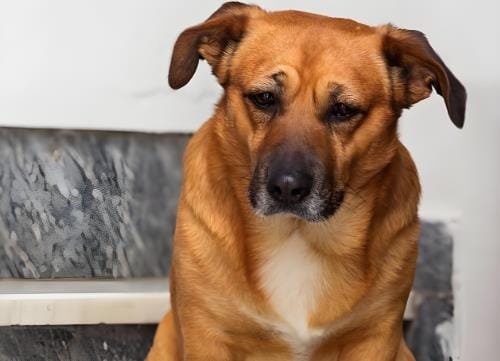
New Puppy Jealousy: Managing Older Dog Resentment
Oh boy, bringing home a new puppy when you’ve already got an older dog? That’s a classic recipe for some furry drama! Let’s chat about how to handle those “Why did you replace me?” vibes your senior pup might throw your way. No fancy jargon here—just real talk from someone who’s been there.
First off—routine is your BFF. Your older dog’s world just got flipped upside down, right? Keep their meal times, walk schedules, and snuggle sessions exactly like before. If you suddenly shower the puppy with attention while ignoring your OG pal, you’re basically waving a red flag in their face.

Separate but equal treatment works wonders. Feed them in different rooms to avoid food jealousy. Swap their toys so they get used to each other’s scent before face-to-face meetups. And hey, when introducing them, keep the puppy on a leash. Let the older dog sniff and retreat if needed—no forced friendships!
Shower your older dog with “you’re still the MVP” energy. When the puppy naps, sneak in extra belly rubs or playtime with your first dog. Did they tolerate the puppy’s antics without growling? Throw a mini party with treats and praise! But here’s the kicker: never scold the older dog for grumbling. That’ll just breed resentment. Instead, redirect the puppy’s annoying behavior.
Watch for hidden stress signs. Is your older dog suddenly sleeping in weird spots or licking their paws raw? Those are silent screams of “I’m stressed!” Try giving them solo decompression time—maybe a cozy crate or quiet room away from the whirlwind of puppy energy.
Shared activities can build bridges. Walks where both dogs explore together (but not too close!) create neutral bonding time. Puzzle toys stuffed with snacks keep both occupied side-by-side. Just avoid high-stakes situations like fighting over a favorite bone—that’s asking for trouble.

Pro tip: Burn off the puppy’s energy FIRST. A tired pup is less likely to pester the older dog. Think: 10 minutes of fetch = 30 minutes of peace.
And hey—breathe! This adjustment phase might take weeks. I knew a grumpy 10-year-old Dachshund who side-eyed his new “brother” for a solid month before finally sharing the couch. Patience pays off. When in doubt, consult a trainer who speaks “dog drama” fluently. You’ve got this!
American Dingo animal behavior Budget Tips canine behavior Canine Care Canine Health DIY pet projects dog behavior Dog Breeds dog care Dog Care Tips dog exercise Dog Food Dog Grooming dog health Dog Measurement dog nutrition dog ownership dog potty area Dog Training Dog Wound Care Family Pets Hunting Dogs lipomas in dogs newborn puppy care obedience training outdoor pet care Pet Care Pet Care Tips Pet Health Pet Loss Pet Safety pet tips pet training Positive Reinforcement Potty Training Puppy Care puppy health Puppy Training Rabies in Dogs Temperature Monitoring Training Tips veterinary advice Veterinary Care Veterinary Tips

Leave a Reply
You must be logged in to post a comment.